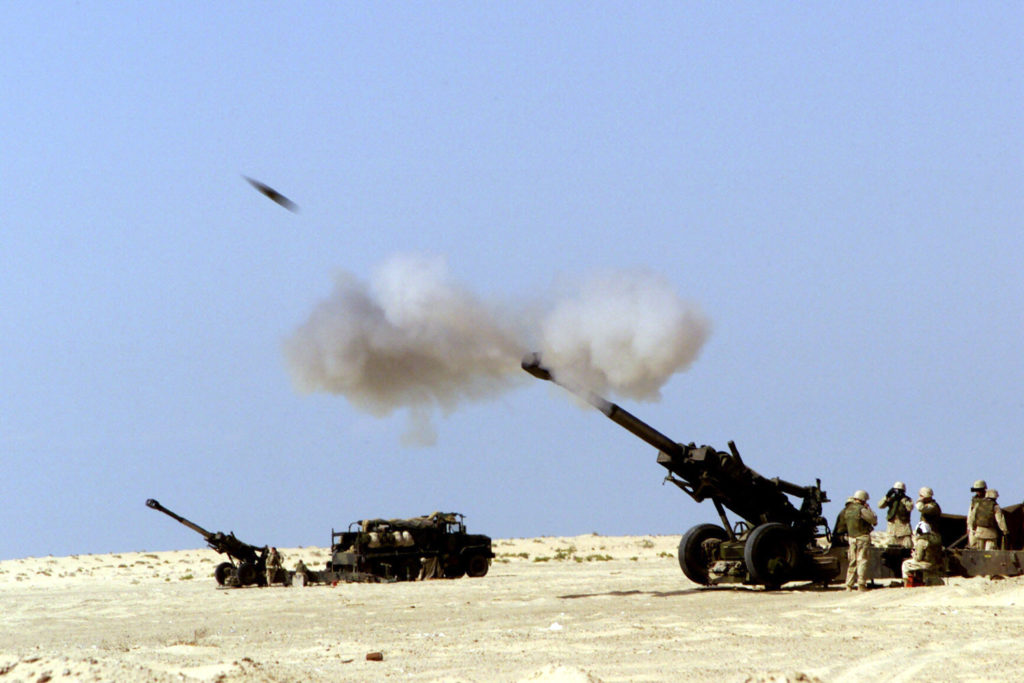Flanders in the Donbas

This account of fighting under a rain of artillery fire could have been written in 1917. The Donbas is a grind right now, with the Russians having one advantage in the number of artillery tubes and another, more important advantage in stocks of ammunition. This is where it will get tough for NATO, because ammunitions stocks in Ukraine and in Eastern Europe are rapidly being drawn down and it’s not obvious that enough artillery can be replaced by NATO kit to make enough of a difference in time.
Some links:
- US and Chinese defense chiefs having their first meeting. This is a good thing; civilian defense chiefs of military rivals should meet regularly.
- What does the space industry look like at the end of all this?
- Future of the Russian aviation industry does not look great…
- More on the legal aspects of seizing Russian assets.
I have two short pieces at 1945 on the technology war against Russia. The first goes into a history of US technology controls from the Cold War:
After World War II, U.S. planners believed that they would require a significant technological advantage in order to offset the numerical superiority of the Soviet military, and thus instituted strict rules on the export of equipment with military applications. Much of this effort had its origins in the race to grab Nazi technology in the immediate wake of the war, when it became apparent that the Soviets very much wanted to catch up with the U.S. in military sophistication. New rules forced U.S. companies to seek approval from the U.S. government for the transfer of sensitive technologies. Essentially, the new regime made military and even non-military technology a matter of national security, and thus subject to the scrutiny of the state.
And the second takes a look at the impact of certain steps that the US has taken in response to the Russia-Ukraine Conflict:
Russia probably hasn’t helped itself by abrogating its international intellectual property protection obligations. In the short-term, the promise of simply appropriating Western IP surely sounds very appealing to Russians; in one move Moscow can stick it to the West, hurt Western technology companies, and distribute some goodies to well-connected companies. But the Chinese companies that Russia will depend upon will absolutely not have a sense of humor about Russian violations of their intellectual property rights, and the fact that Moscow has decided to be cavalier about IP protection may dissuade Chinese tech firms from engaging with the Russian market.
